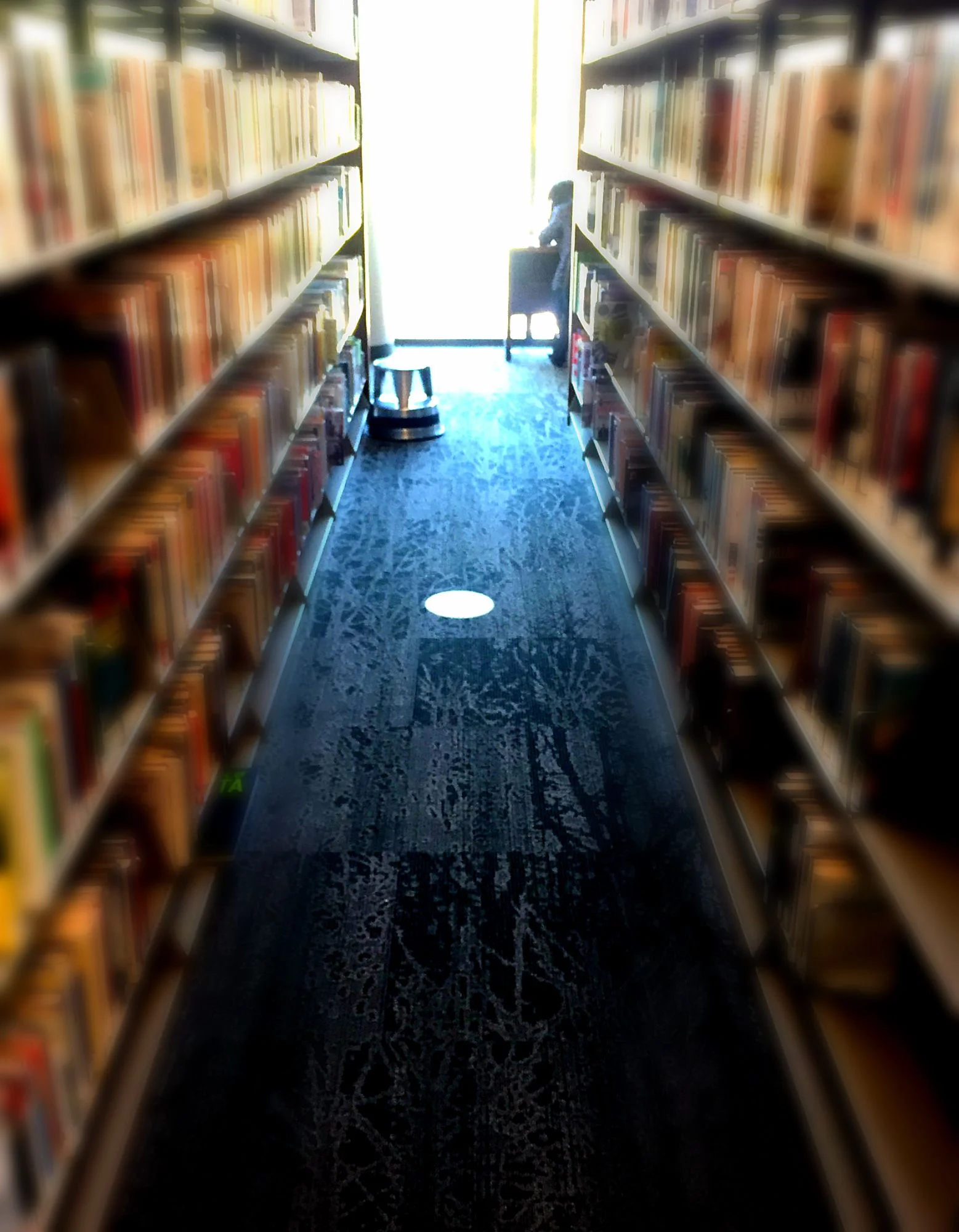Open Heart by Elie Wiesel
Open Heart is a book of reflection written by a Holocaust survivor and one of the world’s most impressive scholars and political activists, Elie Wiesel. In June of 2011, the author underwent a massive coronary bypass surgery and in this volume he describes his terror in the face of death and his struggles with the heightened sense of his own mortality during his arduous recovery. He was 81 at the time of this most major of surgeries. The surgery and subsequent recovery threw Wiesel into a reflective and reminiscent mood. He records his thoughts and worries during this health crisis, with brutal honesty. The title of this book is both a reference to the type of the surgery he underwent and the fact that the author opens his heart, laying bare his human frailty and doubts to the reader.
A review of the events of one’s life at the threshold of death is so common as to be one of the premier cliches of all time. In this small volume, Wiesel does review his life and express his feelings about being close to death, but two important differences make this self reflection original and worth reading.
First, few of us have the horrific memories to look back on that Elie Wiesel and other Holocaust survivors carry with them every day. Wiesel goes so far as to question his fear of death, moments before going under the surgeon's knife, as he remembers his horrific, daily experiences with death in the Nazi extermination camps. He explains that he thought he would be inured to the threat of death as an 81 year old Holocaust survivor. It is eye opening that this great man, with his strong spirituality and unique perspective on life and death, is able to admit fear of the unknown and grief over the potential loss of his earthly connections to his wife and children while he faces open heart surgery and then struggles through recovery.
“Am I afraid to die? In the past, whenever I thought of death, I was not frightened. Haden’t I lived with death, even in death? Why should I be afraid now?”
Second, it seems perfectly reasonable for a person faced with probable demise to have regrets, to wonder if they could have done things differently. But, Wiesel won the Nobel peace prize, founded and shepherded the Holocaust Museum of the United States to fruition, sponsored over a thousand Jewish Ethiopian refugees in after school enrichment activities through his Foundation for Humanity (These and other programs helped to better prepared the children for success in education.), and devoted his life to helping the downtrodden of the world, while constantly speaking out for the oppressed. This most holy and dedicated of men, at the brink of death, questions if he has done enough. That he has done a million times more for others than the average person does, is of no consequence to him. He knows he has led a life that puts him in a unique position to help others and he thinks of others when he believes he may be exiting the world for good.
It is both humbling and inspiring to hear a man of such stature, such grace, such spiritually, such learning, express his doubts and fears as he candidly discusses all the same things that the rest of us worry and fret over for in times of existential crisis. We tend to doubt that people like Wiesel would have regrets; however, the man surprises the reader with his frankness in this regard. Furthermore, he doesn’t have to bare his soul to us. But he does wholeheartedly, and not while looking down from the height of the pedestal he has every right to inhabit. Wiesel presents a self effacing, human view of himself in such a way that the reader can not help but feel closer to this man; a man whose deepest personal thoughts and fears would ordinarily be out of reach for most of us.
“Have I performed my duty as a survivor? Have I transmitted all I was able to? Too much, perhaps? Were some of the mystics not punished for having penetrated the secret garden of forbidden knowledge?”
In opting to write again about a difficult time in his life, a life that stands out next to the vast majority humanity, he helps the rest of us to feel more comfortable with our own reactions to one of life’s hardest transitions. He surely opens his heart to all of his readers as he invites us to witness him experience one of the most deeply personal times in any person’s life. This shows the profound depths of Elie Wiesel’s generosity and kindness.
The book is a quick read and well worth the time. I stumbled across this at the library while looking for something else (which is often how I encounter interesting reads). When I look for library books, I simply can’t help perusing the spines of all the books around me. Believe it or not, I happened upon this book while perusing the section with books on Dante Alighieri and his Divine Comedy. It is always good to stay broadly aware of your literary surroundings.






